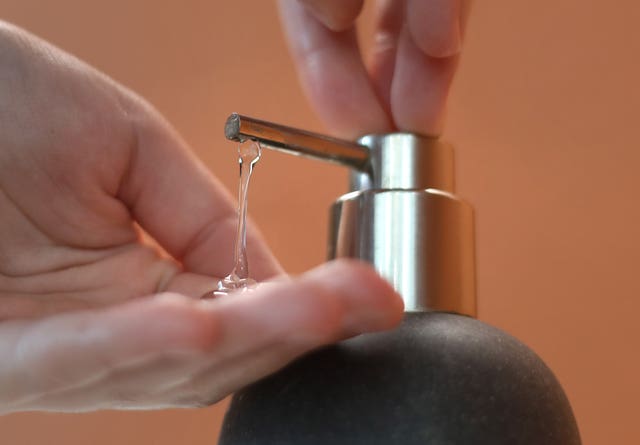People with blood type A may be more susceptible to Covid-19 compared to other blood types, scientists have claimed.
Researchers in China looked at blood group patterns of more than 2,000 people who had been diagnosed with the new coronavirus as part of a preliminary study.
They found that those with blood type A were more vulnerable to infection and tended to develop more severe symptoms while those with blood type O had a “significantly lower risk” of getting the disease.
Although the study is yet to be peer-reviewed by other academics, the team are urging medics and governments to consider blood type differences when treating patients with the virus and helping prevent the spread of the disease.
The researchers, led by Wang Xinghuan of the Zhongnan Hospital at Wuhan University, looked at the blood of 2,173 people who had been diagnosed with the coronavirus from three hospitals in the Hubei province.
They found that while blood type O (34%) is more common in the general population in China than type A (32%), around 41% of Covid-19 patients had blood type A, whereas people with type O accounted for just 25%.

Of the 206 patients in the study who died, 85 had blood type A, equivalent to 41% of all deaths, the researchers said.
Speaking to South China Morning Post, Gao Yingdai, a researcher with the State Key Laboratory of Experimental Haematology in Tianjin, said while the research may be helpful to medical professionals, the public should not worry too much about the findings.
She added: “If you are type A, there is no need to panic. It does not mean you will be infected 100%.
“If you are type O, it does not mean you are absolutely safe, either. You still need to wash your hands and follow the guidelines issued by authorities.”
In the UK population, 48% have blood type A, making it the most common blood group, while 38% have type
O.
GPs do not routinely check people’s blood groups so for those wanting to know their blood type, one of the options is to donate blood through the NHS Blood and Transplant, which will be recorded on the official donor card.

